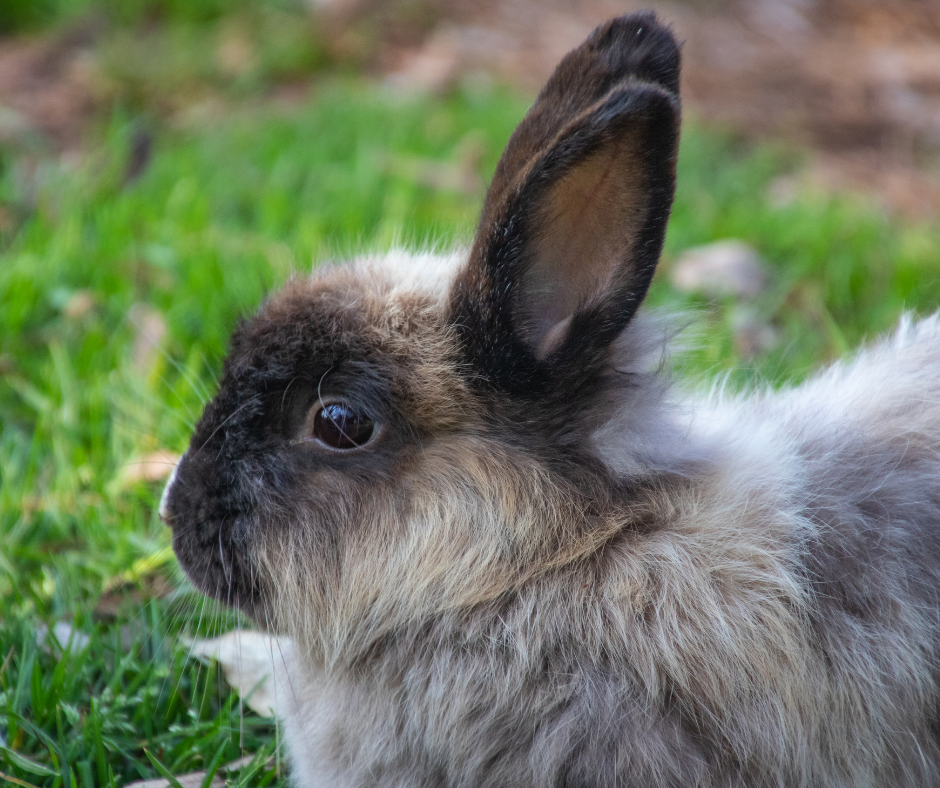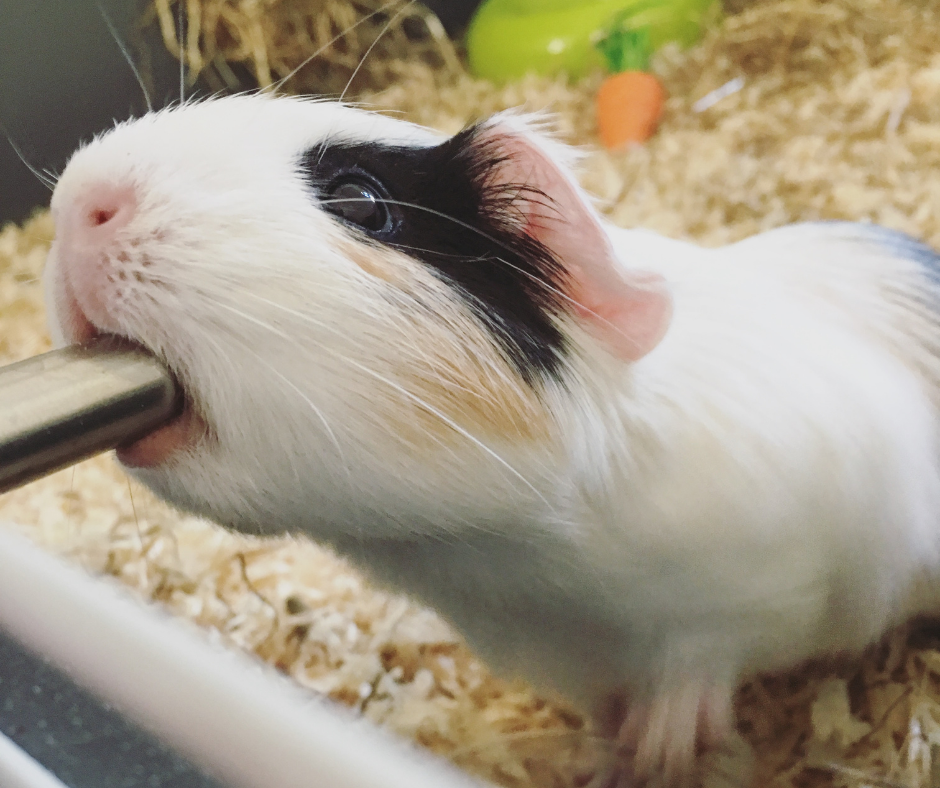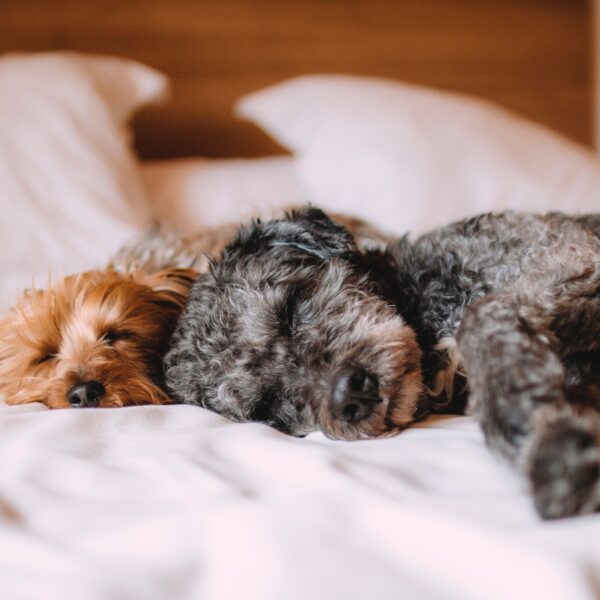As we all return to our normal routines cats and dogs aren’t the only pets that will have to adjust to a different way of life. Our small pets will also have to adapt to our new schedules as we go back to work, school and life in general. And, considering small furries are creatures of habit, they may find this a little challenging! In this article, we delve into the behaviour of small pets, including what small pets need in order to keep their anxiety levels low, how to spot signs of stress and why routine is so important to these tiny animals.
Why do small pets like routine?
All small pets like to have a daily routine, and one of the main reasons for this is because they are prey species. In the wild, small furries are constantly vulnerable to predators, and so always have to be on the lookout- something that can be very stressful for them. Because of this, sticking to a daily schedule can help to give you small pet a sense of security and safety, as well as a better idea of what to expect day-to-day, which is likely to make them feel more relaxed and comfortable.
Because small pets value routine so much, changes to their day-to-day life can be a bit daunting… So, to help to keep stress levels down, it’s important to get prepared and gradually adjust to a new schedule ahead of time, especially if you’re having to adjust their routine because you’re going to be out of the house more, as this will allow you to keep an eye on your pet and see how they’re coping with the new changes.
And regardless of whether your routine is changing, it’s always worth being aware of your small pet’s behavioural needs, as this can help reduce their stress levels overall.

Rabbit behaviour
In order for rabbits to be happy, calm and comfortable, there are a few things they need:
- A companion: rabbits like company, so make sure you always house rabbits in pairs (although which rabbit pairings will work often depends on sex, neutering and if the rabbits have grown up together, so it’s best to speak to your local pet shop expert for advice on this before you get your rabbits).
- Space: two rabbits will need an enclosure space of 3 x 2 x 1m as this will give them enough space to stretch, run, hop, jump and perform other important natural behaviours. Although if you can accommodate a bigger enclosure, even better. Your rabbits will also need an enclosed bedding area where they are able to feel safe and secure enough to relax and sleep, an area away from this where they are able to toilet, and an outdoor run where they can exercise daily in order to stay fit and healthy.
- Rabbit-safe toys: bunnies are playful and inquisitive creatures, so toys are ideal to keep them entertained and prevent boredom.
- Constant access to water: as with all pets, rabbits always need access to clean fresh water, so they can always stay well-hydrated.
- Good quality hay: rabbits need constant access to an unlimited amount of good quality hay as this is essential for their dental and digestive systems. Your bunny will also need a measured portion of pellets and vegetables to make up a balanced diet and you can read more about this here.
All these things are really important to give your rabbit the chance to display their natural behaviours. And if your bunny doesn’t get access to any one of these necessities, it can make them stressed. But it’s not just lack of essentials that cause stress in bunnies, you rabbit may also become anxious due to pain, threats (such as predator animals or other rabbits) or illness.
Daily rabbit care routine
As mentioned above, a daily routine is super important for all small furries, and this includes bunnies! As COVID restrictions lift, everyone’s schedules will be changing, but it’s important to try and keep things as stable as possible for your bunny. And if you do have to change their routine, try to do this as gradually as possible.
How much sleep do rabbits need?
When discussing the daily routine of bunnies, owners often ask how much sleep their rabbits require. Like with all animals, how much sleep your rabbit needs will depend on several factors including age, underlying health conditions, diet, exercise and even breed.
That being said, on average an adult pet bunny should be getting around eight hours of sleep a day.
Signs of rabbit anxiety/stress
Common signs of stress in bunnies include:
- Flattened ears
- Hunched body
- Running away or running in circles
- Wide eyes
- Hiding/trying to hide
- No nose twitching
- Thumping their back feet
What to do if your rabbit’s stressed
To help relieve your rabbit’s stress it’s really important to try and identify the cause. Remember that what may be making your bunny anxious may not necessarily seem very stressful to us- for example, there may be a nosey feline watching your rabbit from afar, or there may be loud threatening sounds coming from next door because your neighbours are playing music. If you can identify and prevent the cause of your bunny’s stress, this may be enough to get them happy and relaxed again. However, if you can’t work out what is making your bunny unhappy, it’s always best to speak to your vet or local pet shop expert for further advice.

Guinea pig behaviour
Like bunnies, guinea pigs have basic needs that need to be met to help to prevent them from feeling stressed:
- Companions: guinea pigs are very social animals and in the wild they would live in herds. Pet guinea pigs don’t need to live in big groups, but they will need to be housed in pairs at a minimum. As with bunnies, it is worth chatting to an expert on the best social pairings.
- Space: two pigs will need an enclosure space of at least 2m x 0.5m x 25cm so they have room to run around and play. Again, there should be an indoor enclosed bedding area for them to snuggle up, sleep and relax, a space to toilet away from this, and an outdoor run space.
- Pig-safe toys: guineas love to play and explore, so toys should help them to feel happy and entertained.
- Constant access to water: pigs need access to water to always stay hydrated.
- Good quality hay: like rabbits, guineas always need access to hay for their teeth, nutrition and also to keep their gut working properly. They also need food pellets made especially for guinea pigs (check packaging for correct amounts to give) and a teacup sized amount of guinea pig-safe fresh greens every day.
If guinea pigs don’t get access to these things, they may not be able to display their normal natural behaviours, which can lead to them becoming stressed.
Like with bunnies, as COVID restrictions lift and daily routines change, it’s super important to try and keep things as consistent as possible for your pigs, and make sure any changes to their daily schedule are nice and slow!
Signs of stress in guinea pigs:
Pigs may become stressed because their basic needs are not met, but they can also show anxious signs because of fear or illness. Some of the common signs of stress that guinea pigs can show include:
- Sitting in a hunched position
- Trying to hide
- Not wanting to move
- Enclosure circling
- Head tossing
So that’s our summary of why small pets love routine, how to spot signs of stress in your small furries and also how to prevent them. Want to learn more about small pets? Visit our small pet advice page 🐰🐹🐭.


